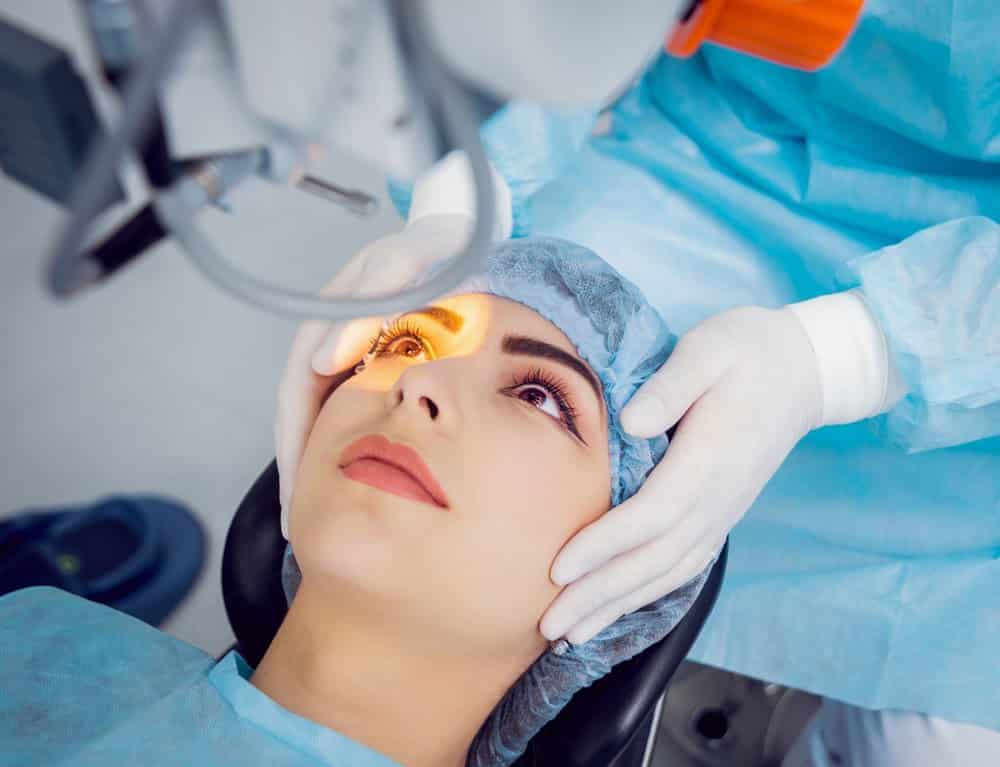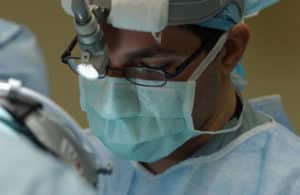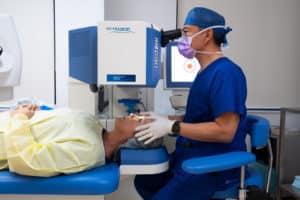If you struggle with poor eyesight, you will do anything to see more clearly. However, if you are not enjoying wearing contact lenses and glasses and want a more long-term solution, then you might wish to investigate LASIK eye surgery.
So, what is LASIK eye surgery and who can get it? We explain this and more, so read on.

What Is LASIK Eye Surgery?
LASIK is a refractive eye surgery in which lasers are used to improve your eyesight. It reshapes your cornea in order to correct both short and long-sightedness with or without astigmatism.
How Does It Work?
LASIK is carried out using two lasers. The first laser creates a thin flap of tissue. This flap is lifted to allow the second laser to reshape the underlying cornea. The flap is then replaced and smoothed down. There is no need for stitches in order to replace and hold the flap in place. It is carried out while you are conscious and is pain free, although you will feel some pressure at times during the procedure.
Who Can Get LASIK?
LASIK eye surgery may widely benefit a range of people. However, it is mainly useful to those who wear glasses and contacts regularly and wish to have better eyesight without them.
LASIK is not suitable for all people or all eye conditions, however. You cannot use LASIK to correct all eye conditions, though it is sometimes recommended for presbyopia (loss of near vision with age). You cannot undergo LASIK if you are under eighteen or have had significant changes to your prescription in the previous twelve-months. You also cannot have LASIK if you have certain types of eye conditions or diseases. This is why it’s important to have a thorough eye examination before surgery.
How Long Does It Last?
This is dependant on your prescription and age at the time of surgery. LASIK causes a permanent change to the shape of your cornea in order to treat short or far sightedness (with or without astigmatism). However you will still get changes to your vision with age that happens regardless of whether or not you decide to get LASIK surgery.
Most people will be completely free from glasses until their mid 40’s at which stage reading glasses may be required. You will also get changes to your vision after the age of 50 related to aging of the lens inside the eye. Most patients (whether or not they have LASIK) will develop cataracts and may require cataract surgery at some stage after approximately 60 years of age.
What Are The Risks?
LASIK is the safest medical procedure in modern medicine. The risk of an severe adverse outcome is less then 1:5 million.
The side effects are minimal and temporary such as dryness, glare, night vision issues.
All of these issues should go away in a matter of days to weeks.
Severe reactions are rare.
Contact Us
Now that we have looked into LASIK eye surgery and know how it works, you might be eager to have further discussions about it. This can be an exciting and permanent way to correct vision issues.
If you want to investigate laser eye surgery more or have any other eye issue that you would like to discuss, then get in touch with Pacific Eye Clinic. Our skilled opthalmologist, Dr Marc Wei, has twenty years of experience and can advise you on how to enjoy better eyesight for a brighter future.
Author

Dr Marc Wei
Dr. Marc Wei is the principal specialist laser and cataract surgeon at Pacific Eye Clinic in Southport on the Gold Coast. He has 20 years of trusted experience in advanced laser cataract surgery and has completed more than 15,000 procedures over the course of his career.



